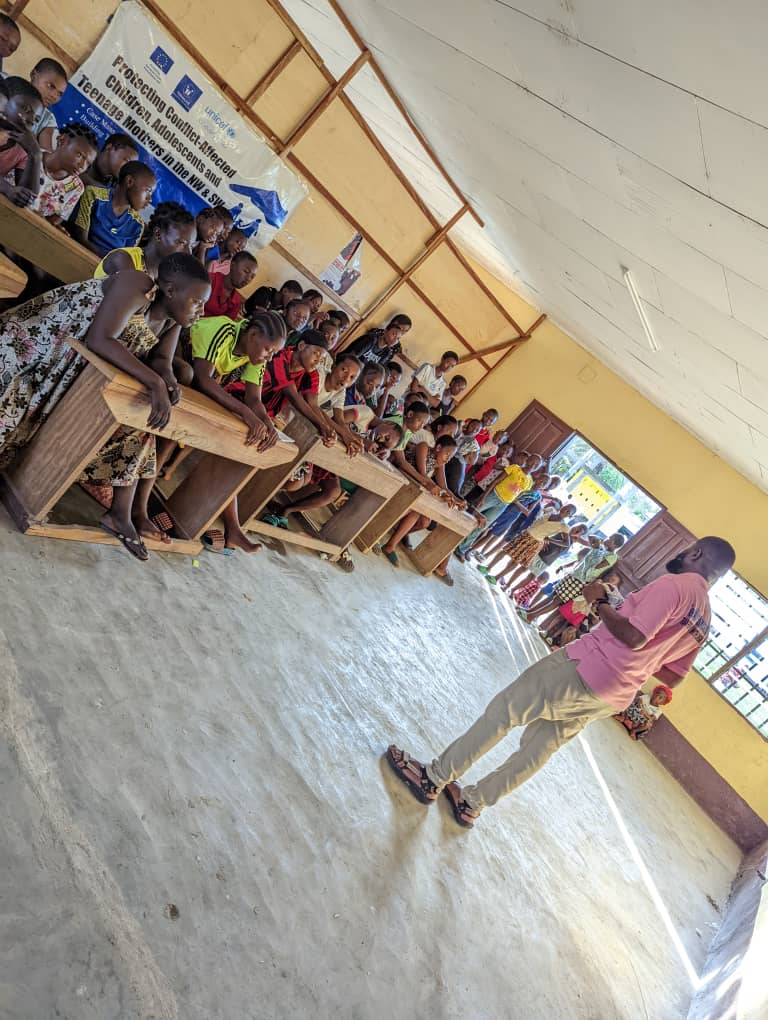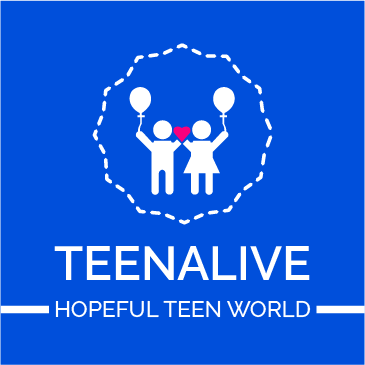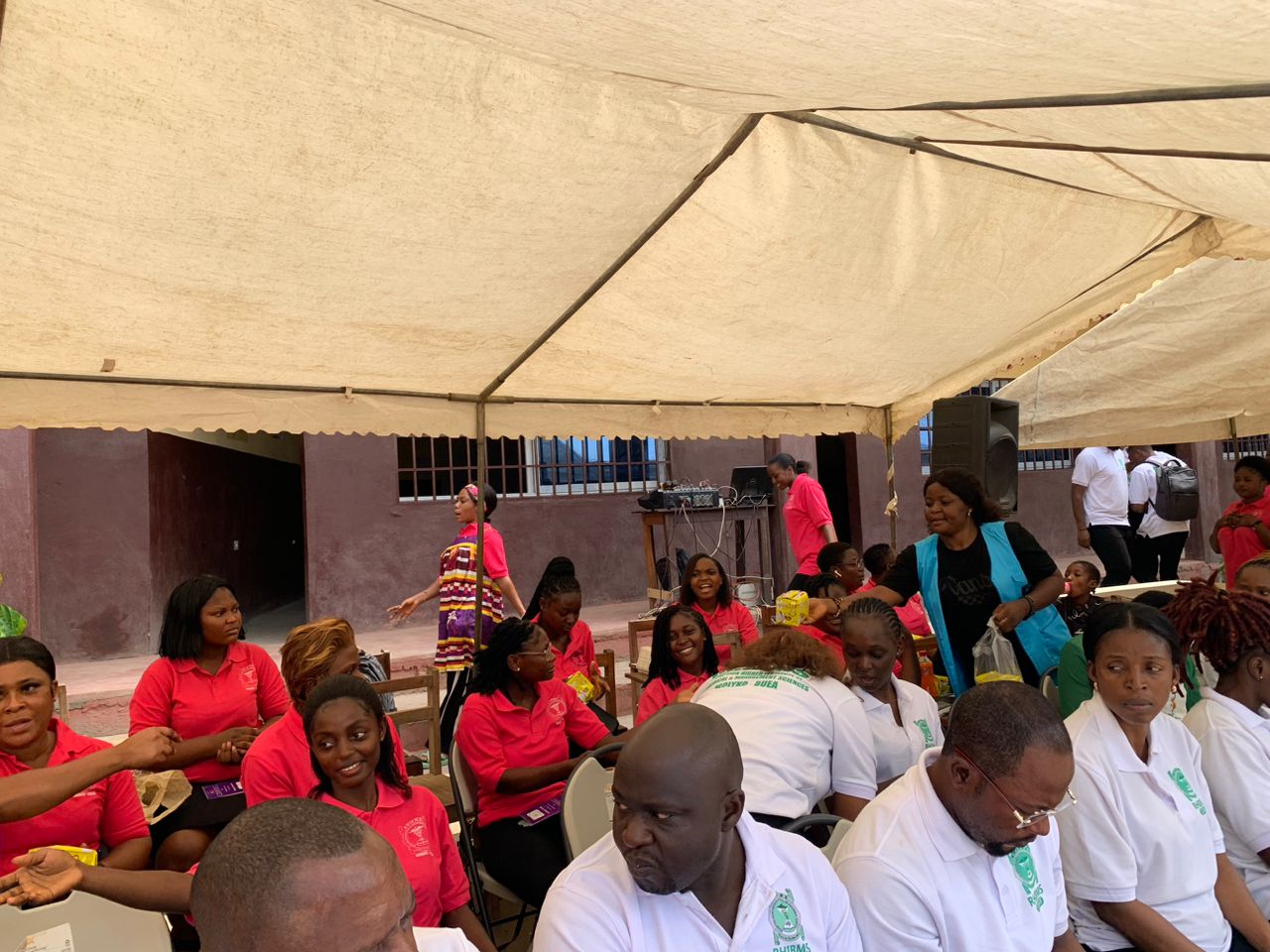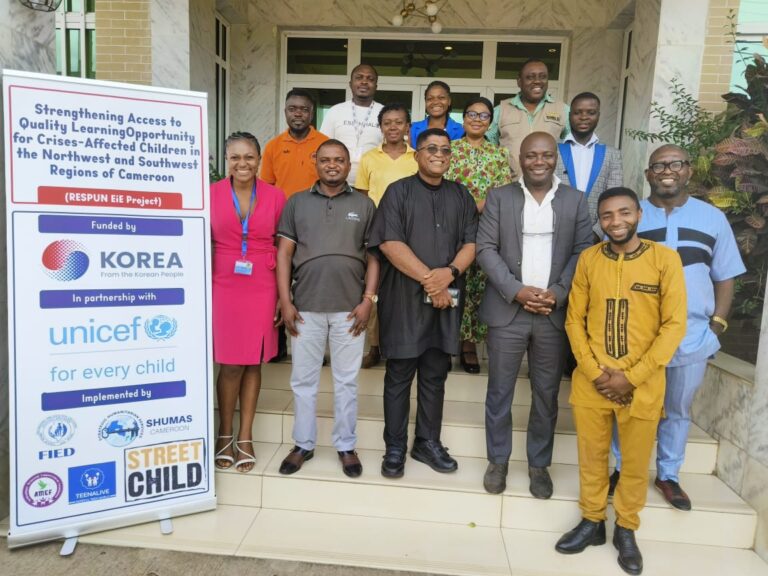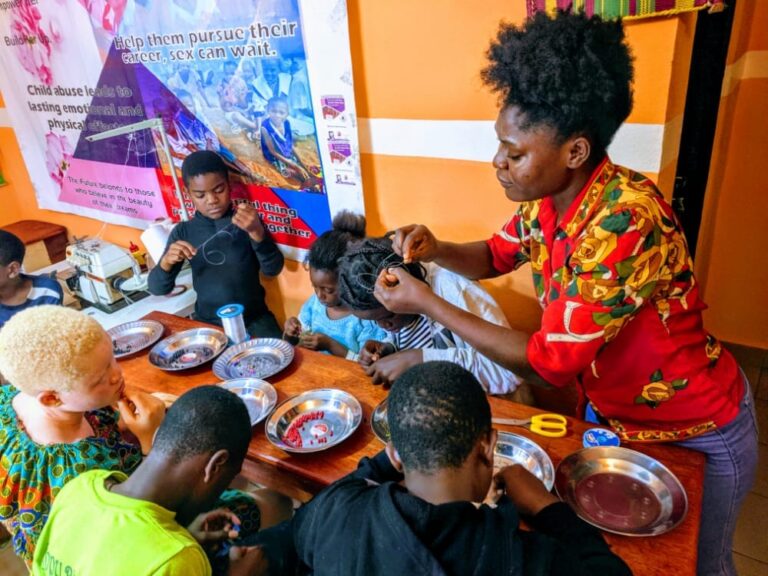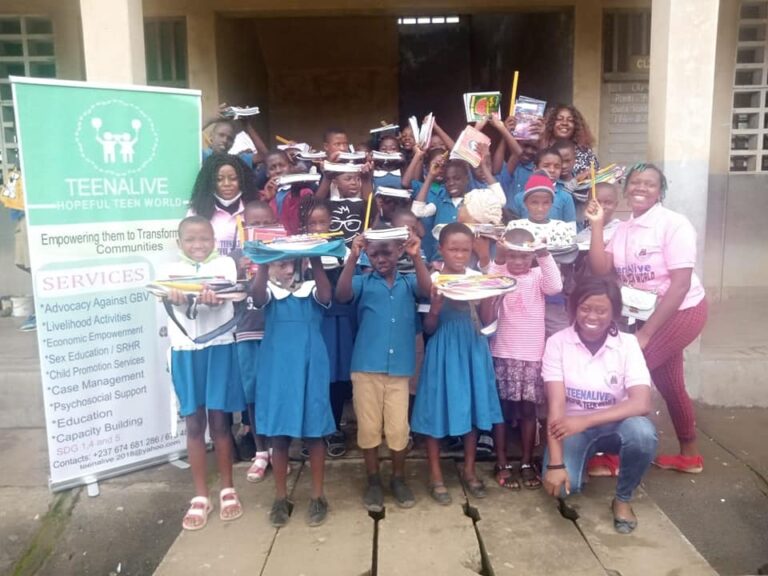Sanitary Pads
Menstrual pads are made from a range of materials, depending on style and country of origin. In a contemporary African Society, disposable sanitary napkins are the most used and sort after. In a typical western culture, the use of tampons and menstrual cups are widely available and popular.
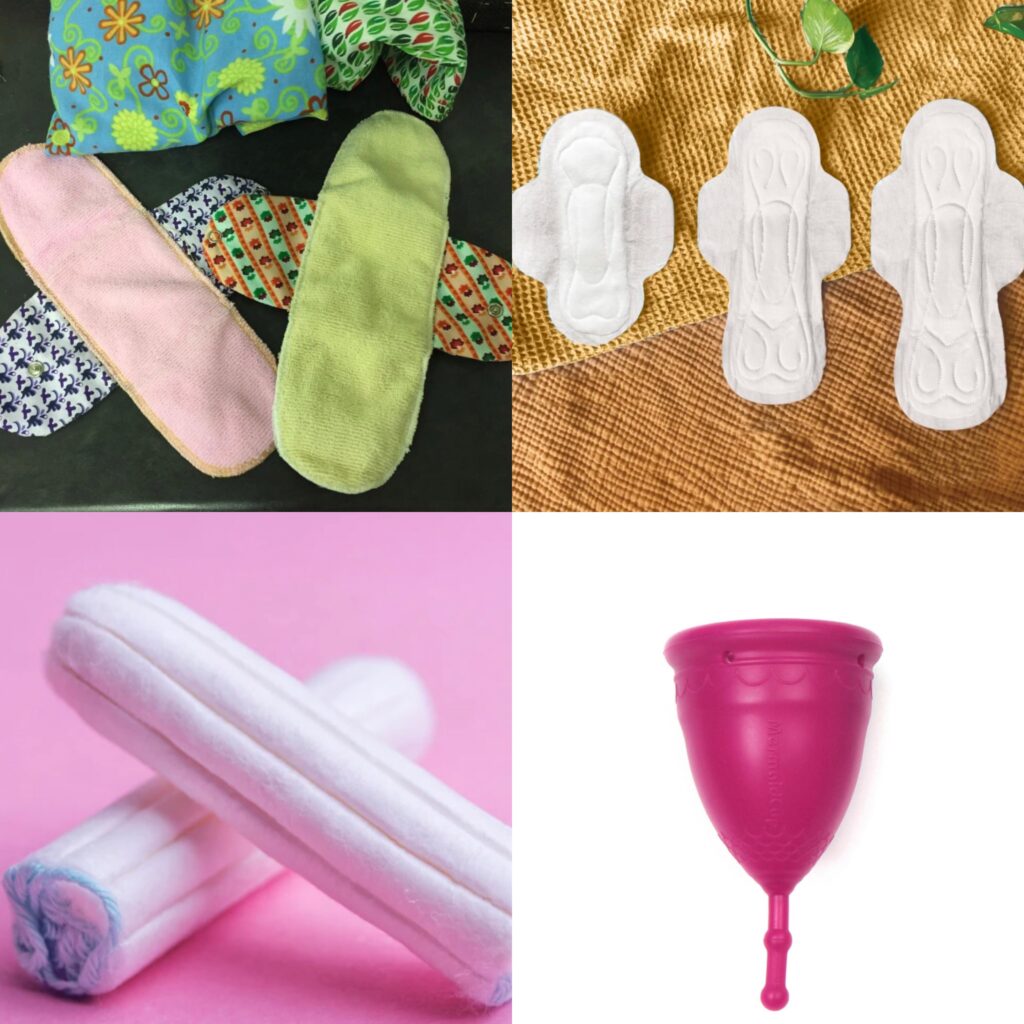
In recent years, reusable sanitary pads have been introduced and highly embraced by women and girls, especially in conflict affected regions, where women and girls have little or no access to sanitary material. These sanitary pads are cost-effective, absorbent,durable , healthy, comfortable and environment -friendly. This contributes significantly in reducing environmental pollution.

Traditional disposable cotton pads, which are often single-use and non-biodegradable, contribute to the vast amount of waste that ends up in landfills. In contrast, reusable pads can be used more than twice when handled properly by its users.
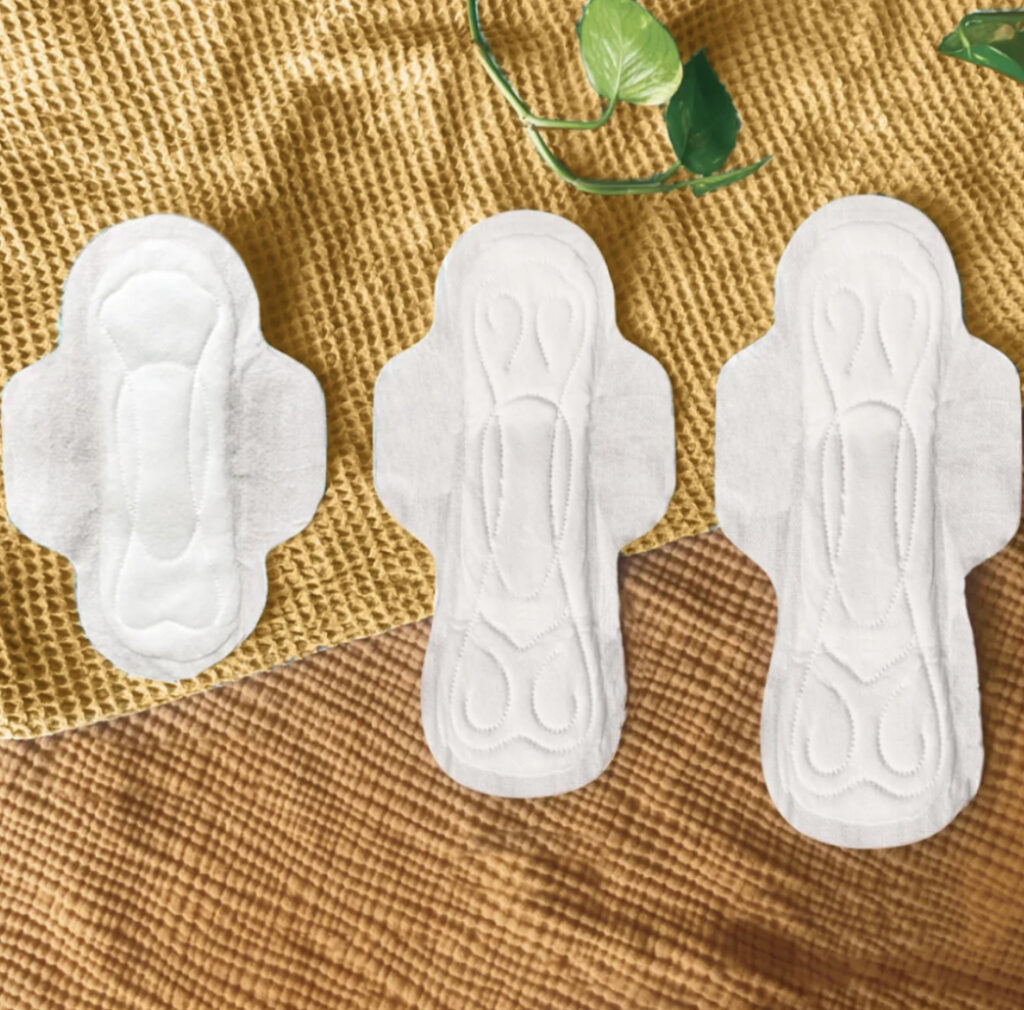
Educating and empowering adolescent girls on menstrual hygiene helps them to take control of their own health and feel confident about managing their periods. This also helps reduce anxiety and boost self esteem.

The TeenAlive adolescent girls club, which also doubles as a safe space, creates a platform where adolescents of the same peer group can freely express their challenges during menstruation and are given counsel by the assigned community social worker. This space has taught girls way beyond menstrual hygiene, it has educated these girls on reproductive health.
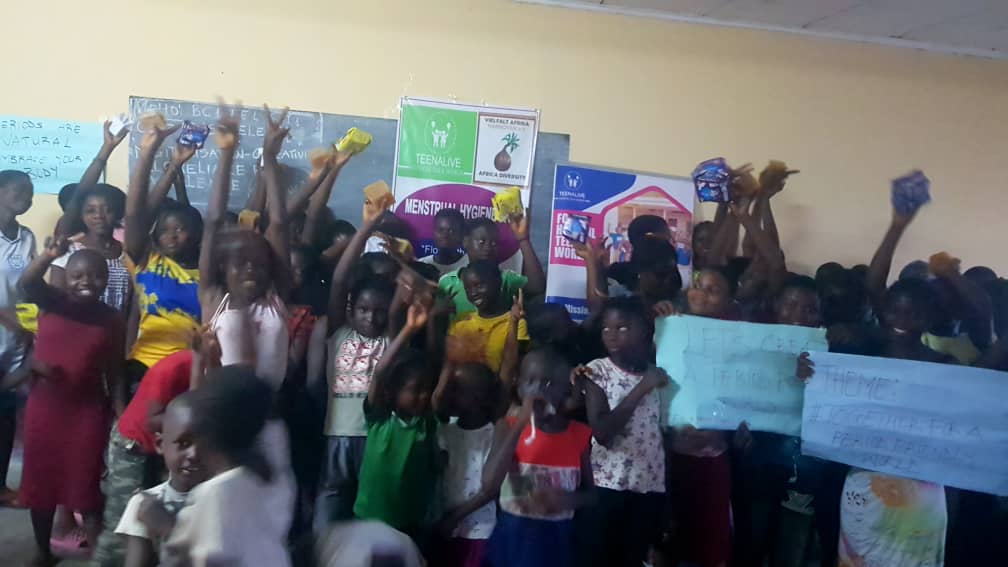
Reproductive health looks at human sexuality and reproductive processes and functions. Reproductive health involves family planning counseling, education, and services for prenatal care, breastfeeding, and equally infant and women’s health care. TeenAlive during this period of menstrual hygiene awareness pays keen attention in educating teenage mothers on reproductive health, while using it to mitigate the prevalence of teenage pregnancy in our communities.
